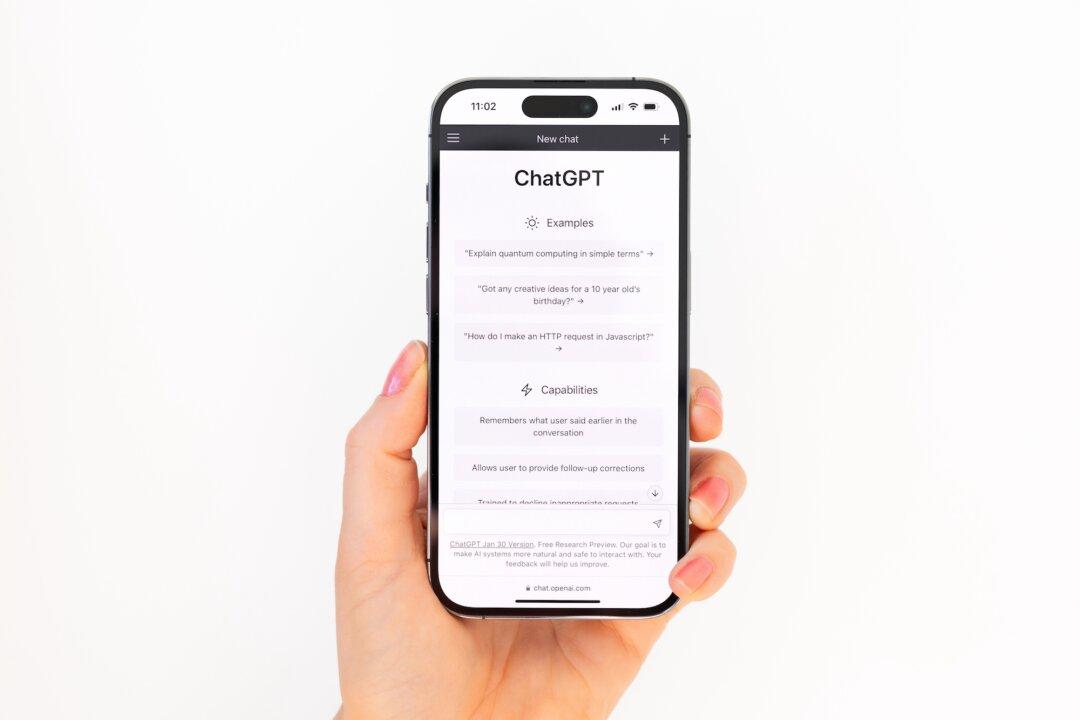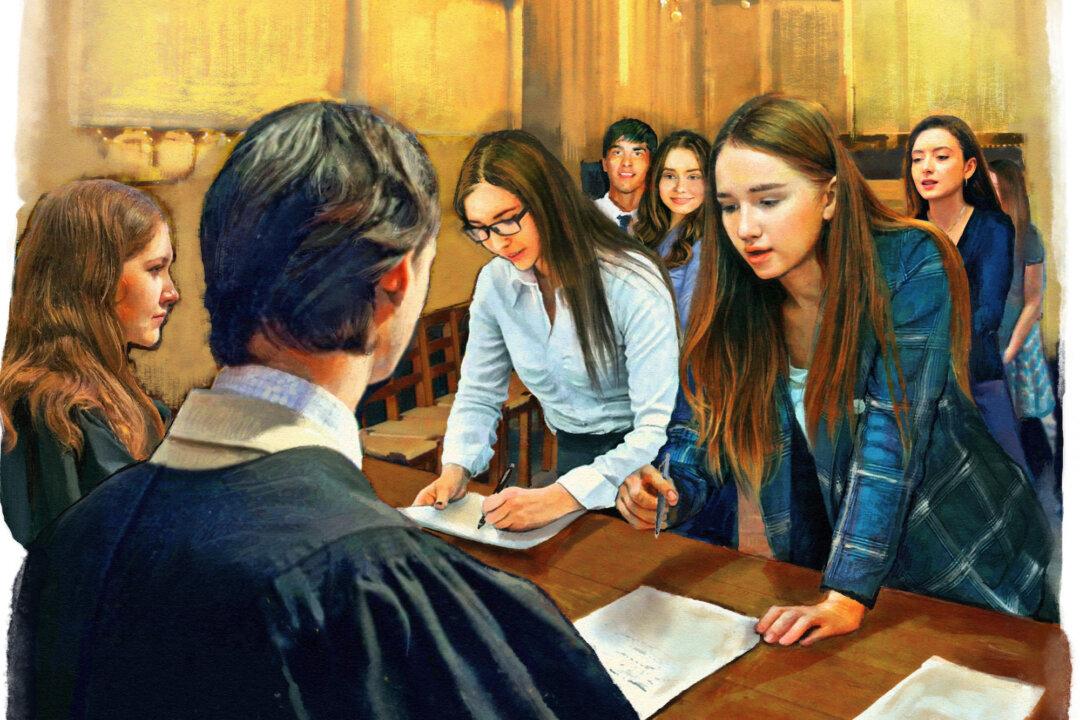It’s times like these that try men’s and women’s souls—in education, particularly. And the times just got a whole lot more trying.
Two-plus years of unparalleled COVID-19 pandemic disruptions, rancorous rows over who gets to decide curricula and the placement of critical race theory, and increasing student incivility have been enough to send many a veteran teacher packing for early retirement. Those newer to the profession are swimming in rougher waters than previous generations charted or perhaps could have imagined. There’s now a national shortage of teachers and support staff to show for it.





